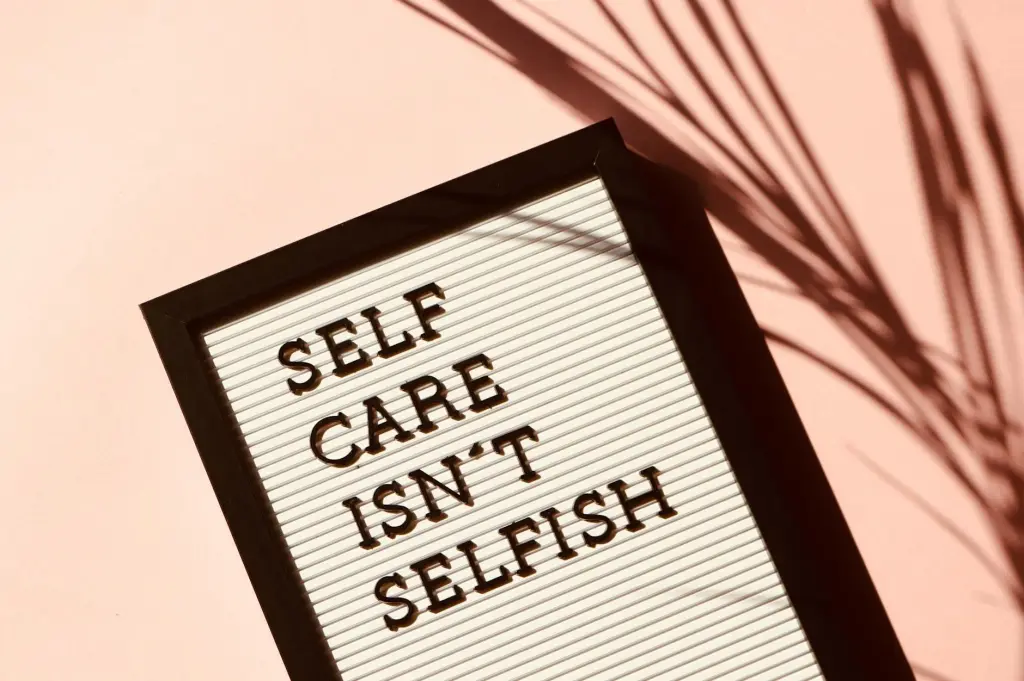This annual campaign is prominent in the USA but less so here. We, in the UK, have Mental Health Awareness Week, beginning on 13th May 2024.
There is emphasis on mental health and well-being, breaking stigma, promote understanding and encourage good mental health as a priority.
First, remember that mental health is just as important as physical health. Taking care of your mental well-being is essential for overall happiness, productivity, and quality of life. Mental health conditions are common. You are not alone. Help is available. Numerous resources and support systems exist to help individuals cope with mental health challenges. Seeking help is a sign of strength, not weakness.
It is hoped that raising awareness of the prevalence of mental health conditions, their impact on individuals and communities, and the importance of seeking support and treatment. The World Health Organization states that mental health disorders affect approximately one in four people globally, yet stigma and discrimination often prevent individuals from seeking the help they need.
A goal of Mental Health Awareness Month is to challenge stigma and dispel misconceptions surrounding mental illness. Stigma can manifest in various forms, including social exclusion, discrimination and shame. Unsurprisingly these all hinder recovery and exacerbate feelings of isolation and despair. Honest conversations about mental health and sharing personal stories of resilience and recovery are needed. We must create a more supportive and compassionate society.
Promoting mental health literacy and awareness involves educating individuals about common mental health conditions, their signs and symptoms, and treatment options. This will empower individuals to recognise when they or someone they know may be struggling with their mental health and to seek help without fear or shame.
The importance of embracing diversity and inclusion within the mental health community. Mental health disorders are present in all populations. It does not discriminate based on race, ethnicity, gender, sexual orientation, or socioeconomic status, although poverty can have a significant impact on mental health. Some communities often face unique challenges in accessing culturally competent care and support. It is essential to recognise and address these disparities and to advocate for equitable access to mental health resources and services for all.
Promoting wellness and self-care encourages everyone to prioritise their mental health and well-being through self-care practices and positive coping strategies. This may include activities such as mindfulness, exercise, creative expression, and connecting with supportive relationships. By investing in self-care, individuals can build resilience, manage stress, and cultivate a greater sense of balance and fulfilment in their lives.
Acting and making a difference, the collective power to make a difference in the lives of those affected by mental illness, through advocacy, volunteering, or listening to those in need, each of us can contribute to a more inclusive, supportive, and understanding community.
So, what can you do?
You can start the conversation by talking to your friends, family, and colleagues about mental health. Learn about different mental health conditions, their symptoms, and available treatment options. Engage in activities that promote mental well-being, like exercise, healthy eating, relaxation techniques, and spending time in nature. Do not hesitate to reach out for help if you are struggling.

